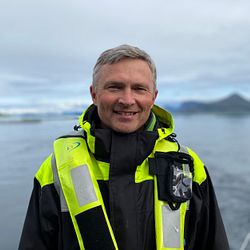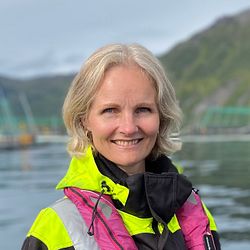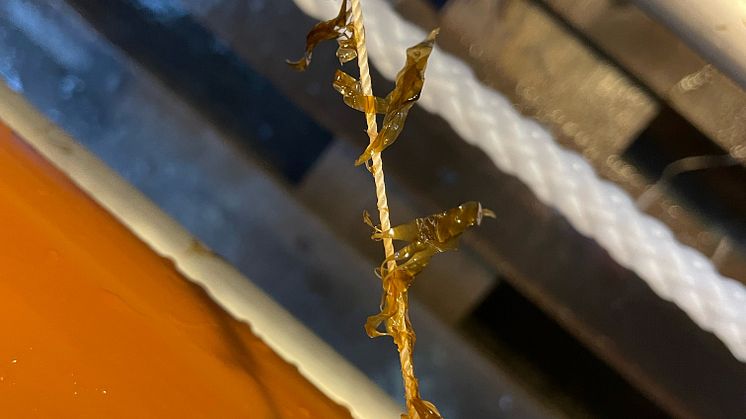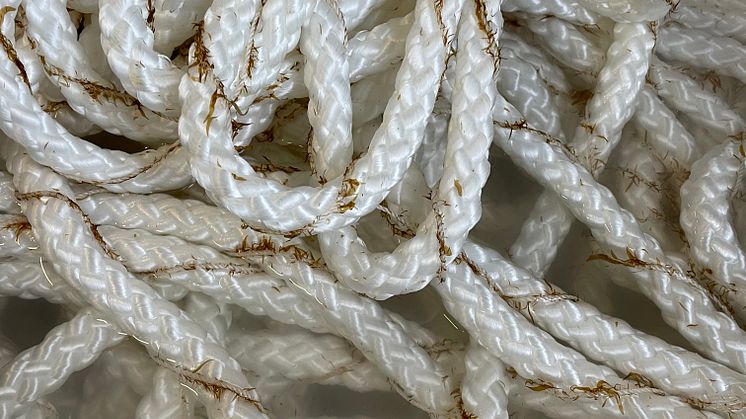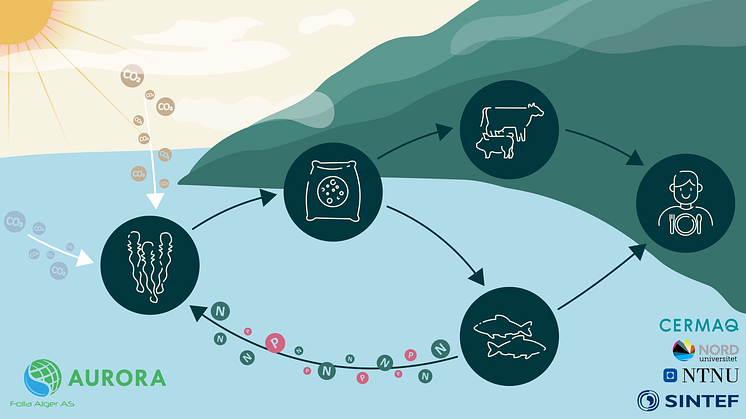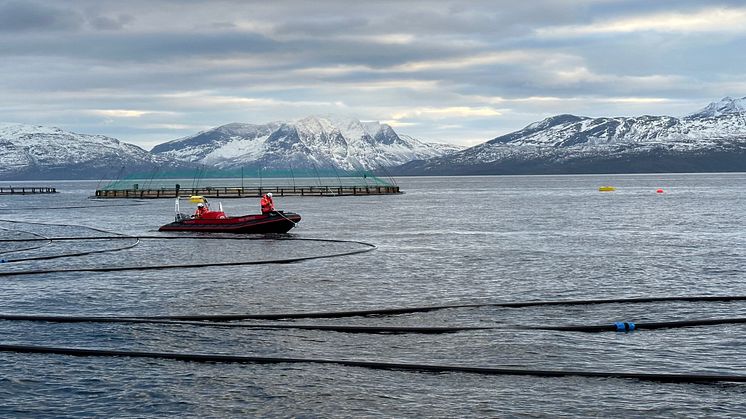
Press release -
Folla Alger and Cermaq are testing a new combined sea site for salmon and kelp: will contribute to the green shift
Last week, Folla Alger stocked the first kelp in its new combined sea site for salmon and kelp in Steigen in Nordland, Norway.
This is the world's first sea site that has been built for the combined production of both salmon and kelp, where the kelp will be grown inside the farm itself. The sea site is designed as a traditional salmon farming facility with 24 cages, but with special solutions for growing kelp in the middle cages and salmon in the outermost cages on each side. Folla Alger collaborates with Cermaq on the salmon farming at the sea site, while SINTEF Ocean produces the first kelp delivery for the stocking at sea.
At the facility, the effect of combined farming will be tested
- Combined operation can provide good area utilization by producing several species within the same area. This area is already set aside for salmon, and by growing kelp on the same site in addition, we hope to be able to contribute to increasing value creation. This set-up allows us to use the nutrients released by the salmon in a sensible way by producing kelp, which can in turn be used as a raw material in new feed, says Silje Forbord, Research Manager in SINTEF Ocean.
- We know that we can get up to 50% better kelp growth by cultivating it together with farmed fish. Now we will also look at whether there are more advantages to combined operation, says Forbord.
- Fish farming and kelp farming are both industries for the future, and will be important contributors to the green shift, says Chairman of Folla Alger Tarald Sivertsen.
- This is a very exciting project for us, where we can both utilize nutrients from the net pens as a resource, and we can obtain more alternative feed raw materials. It is good circular economy. In addition, the project contributes to increased local value creation and business development, which is very positive for everyone who lives and works here, says Cermaq's Production Director in Nordland Truls Hansen
Kelp absorbs nutrients from salmon
- By cultivating the kelp together with fish, the kelp gets better access to nutrition, also in seasons when there are naturally less nutrient salts in the sea in general, says Forbord.
Some of the nutrients released from salmon net pens are water-soluble. These nutrients will fertilize the kelp and lead to increased carbon sequestration as the kelp grows. With the help of photosynthesis, the kelp utilizes the sunlight, grows and binds carbon from the sea. This is the same process that trees and plants do on land. The project will look at how salmon and kelp farming can mutually benefit each other.
What positive effects does kelp have on salmon?
The project will also look at how kelp production affects the aquatic environment in the net pens, and what effect the combined production has on the health of the fish in the cages.
Folla Alger has been granted Research and Development licenses from the Directorate of Fisheries to carry out the project. SINTEF Ocean is responsible for the research, which will be carried out in close collaboration with Norwegian University of Science and Technology (NTNU) and Nord University.
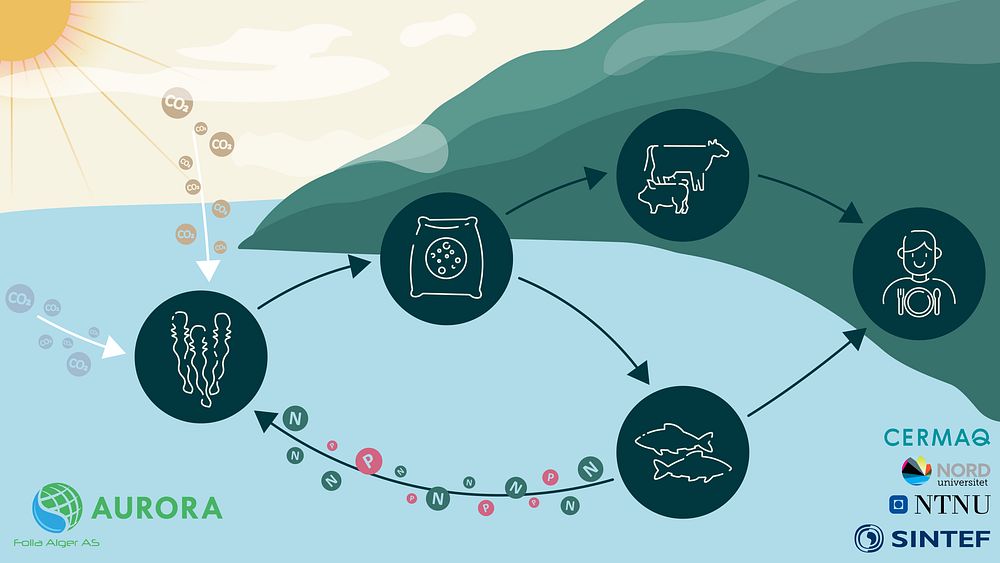
Topics
Cermaq is a leading global salmon producer driving transition of our food system towards healthier and more climate-friendly food. Our approach is transparency, performance, and partnerships, setting ambitious climate goals, innovation for clean farming, and scaling impact and ripple effects through local and global partnerships.

